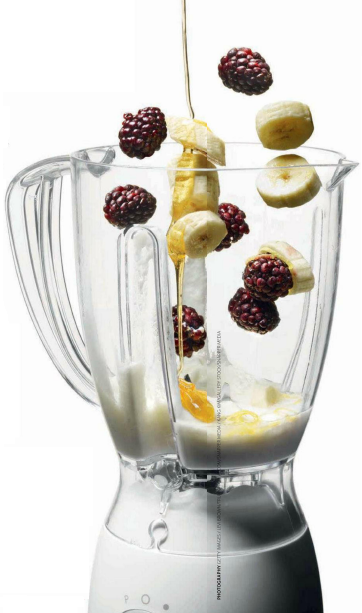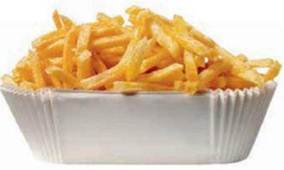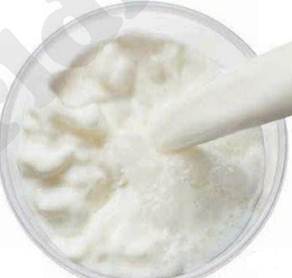Not according to Dr Bruce Griffin at the UK’s University of Surrey. He put volunteers on a two-egg-a-day, low-kilojoule diet for 12 weeks and
found no rise in their cholesterol levels – in fact, as people lost weight on
the plan it even went down.

9. All saturated fat is bad for you
Increasingly scientists are questioning
this belief, saying that perhaps there are shades of grey where fat is
concerned. The classic example here is dairy products. In recent years a number
of studies have found no link between dairy consumption and heart disease. In
fact, milk and dairy consumption is associated with a small reduction in the
risk of heart disease, stroke and diabetes.
Christine Cronau, author of “The Fat
Revolution” (Purple Lotus Publishing, $34.95), firmly believes that fat has
been demonized. She told us, “Many of the studies designed to prove the
diet-heart hypothesis have ended up proving the opposite. We need fat and
cholesterol, they are the building blocks of our cells.” The real problem for
health, according to Cronau is eating an excess of grains and sugar – foods
that produce insulin in the body – as this can lead to weight gain and raise
the risk of diabetes.
10. If you’re
lactose intolerant you have to eliminate all dairy from your diet
Not necessarily. “Many dairy foods do not
contain large amounts of lactose – for example, hard cheeses such as parmesan,
cheddar and swish contain virtually no lactose as most of it is removed with
the whey during the manufacturing process. Yoghurt is also generally well
digested as it contains bacteria that ferment (or consume) the lactose,” says
Glenys Zucco, a dietitian at Dairy Australia. She also points out some studies
have shown that sufferers can even drink up to two cups of milk a day if they
spread out consumption and have it with meals. Exactly how much lactose a
person can tolerate does vary though, so try small servings of individual foods
spread throughout the day and test your personal reaction.

11. Fruit and
vegetable are best kept in the fridge
Actually studies have shown that an uncut
watermelon kept at room temperature will double its levels of the antioxidants
beta-carotene and gain 20 per cent more of another antioxidant lycopene over
two weeks than one kept in the fridge. Tomatoes, peaches and bananas also get
more nutrition when stored at room temperature.
12. Cut 500
calories a day to lose 1lb a week
It’s been the established rule for dieters
for years, but new research from the US’s National Institutes of Health has
discovered the rate if far, far slower than that. “In the 1950s, it was
calculated that 1lb [0.45kg] of fat contained 3500 calories [14700kJ],” says
the study’s author Dr Kevin Hall. “However, the original idea made two
assumptions we now know are not true; when people lose weight they don’t lose
just fat, they lose lean tissue as well – and the calories stored in lean
tissue are less than that in fat. And when people lose weight the number of
calories they burn is not steady – it reduces over time.”
The new rule is therefore not to get hung
up on numbers – simply count any loss as a step in the right direction.

13. Water is
the best hydrator
Water’s good and you certainly shouldn’t
skip it, but when the weather is hot, milk has better results. That was the
finding of studies by Dr Brian Timmons, from McMaster University in Canada. He compared children exercising in heat and found those given milk to drink
afterwards retained more fluid during recovery than those given plain water.
“Approximately 35 per cent more of the milk was retained by the body compared
to water and only half of the amount of urine was produced with milk than
water,” he says. Natural electrolytes like sodium in the milk were believed to
be behind the boost.
Now, we know you’re not a child so Timmons
points out that UK studies have found similar results in adults.